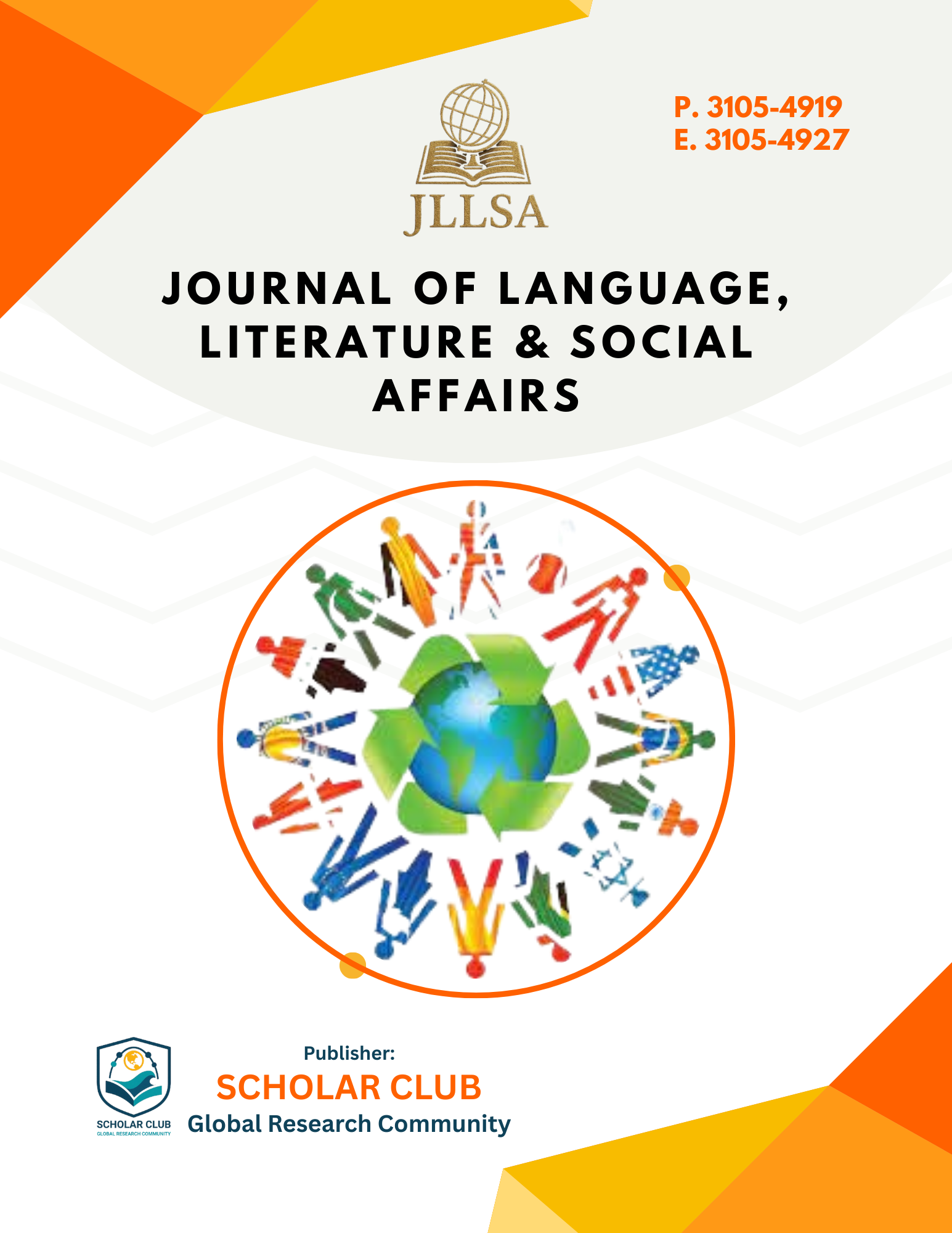Nietzschean Perspectives on Colonial Slavery: The Erosion of Autonomy and Identity in Chinua Achebe’s Things Fall Apart
Keywords:
Chinua Achebe, Things Fall Apart, Nietzsche, master morality, slave morality, colonialism, cultural distortion, Igbo identityAbstract
This study investigates the intersection of Friedrich Nietzsche’s philosophy of master and slave morality with Chinua Achebe’s Things Fall Apart, focusing on how colonial domination contributes to cultural distortion, identity erosion, and the transformation of Igbo society. Through a qualitative research design and textual analysis, the novel is examined alongside secondary scholarly works to reveal how religion, economy, politics, and psychology collectively enslave the colonized. The findings show that Achebe’s narrative demonstrates not only the physical but also the cultural and psychological dimensions of slavery, highlighting how colonialism systematically dismantled Igbo autonomy. By applying Nietzsche’s critique of slave morality, this research underscores the mechanisms through which the colonized internalized imposed values, leading to profound moral and cultural disintegration. The study contributes to postcolonial discourse by showing how literature, philosophy, and history intersect to critique colonial systems of domination.
Downloads
Published
How to Cite
Issue
Section
License
Copyright (c) 2025 Kiran Hassan, Nayab Kanwal, Muqadas Fatima

This work is licensed under a Creative Commons Attribution 4.0 International License.







